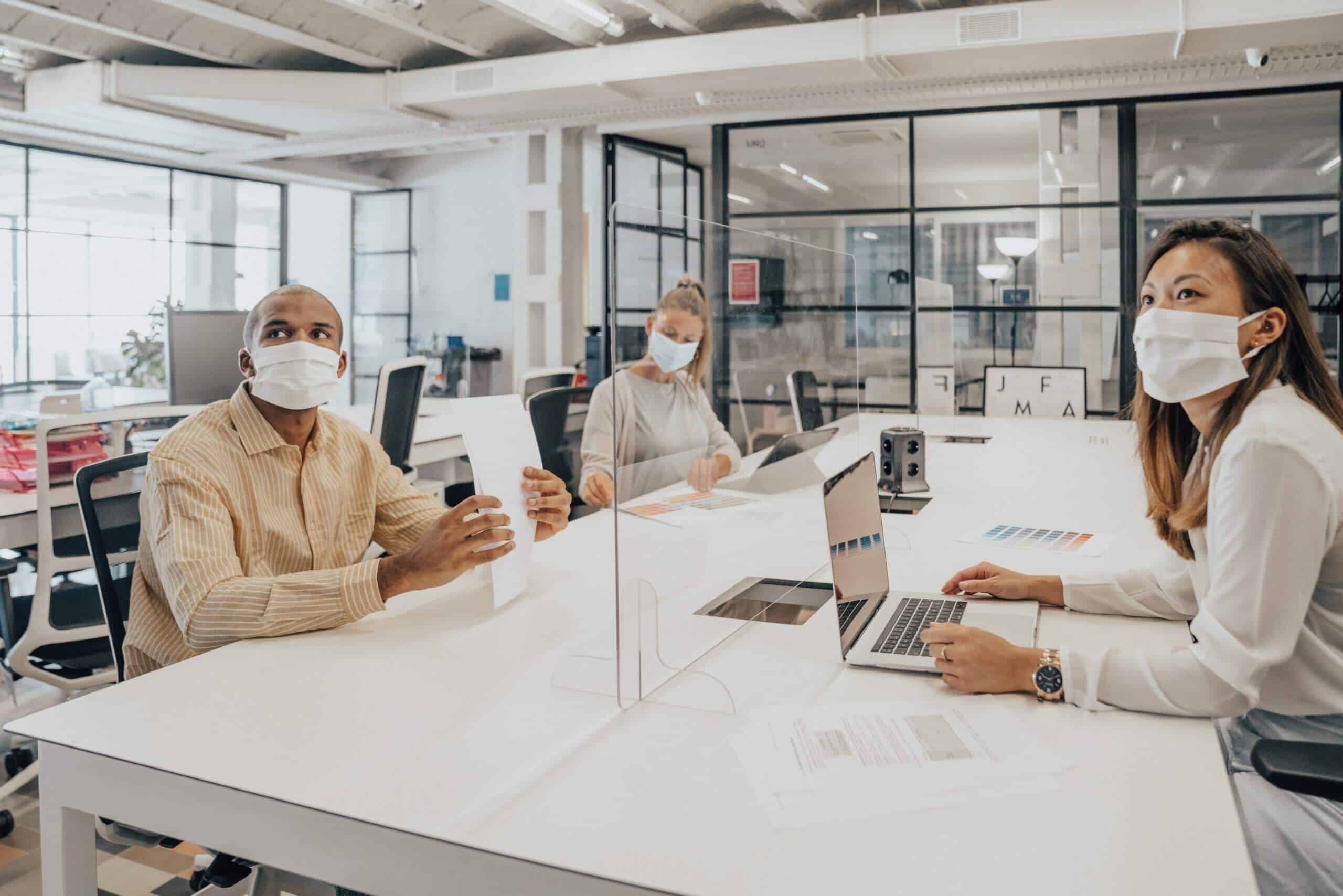New research released today from Qualtrics (Nasdaq: XM), the world’s No. 1 Experience Management (XM) Platform and creator of the XM category, reveals a quarter of full-time employees in Singapore reported feeling less connected to their company’s community while working remotely, with spontaneous interactions with colleagues, exposure to different ideas, and simply being around others the things people have missed most.
With two-thirds of organisations in Singapore still to announce their post-pandemic office plans, the study – The new rules of engagement: A better way to work in Southeast Asia – outlines the experiences employees want to see as their employers rethink and redesign the way teams work.
Creating a culture of belonging is the top driver of employee engagement, as well as a positive influence on engagement, intent to stay, and wellbeing, meaning it’s critical that initiatives focused on inclusivity and connectivity are an integral part of every organisation’s post-pandemic office plan. The challenge facing employers today as they develop their post-pandemic plans is equally as big as those last year. This is because as organisations drive toward a more flexible and hybrid future, it’s important to remember that to deliver an incredible experience they need to take into account and act on the diverse needs of every employee.
Steve Bennetts, Head of EX Growth & Strategy, Qualtrics.
Key findings from the Qualtrics Study:
The impact of hybrid work on employee wellbeing
While the number of Singaporean full-time employees say their personal wellbeing has declined during the pandemic – 15% in May 2021 compared to 26% in April 2020 – stress, anxiety, and concerns about job security continue to have an adverse effect on the workforce. The characteristics of working remotely that people like least are often related to wellbeing: difficulties separating work and personal lives (45%), a lack of social connection (45%), difficulty collaborating (43%), and feelings of isolation (32%).
Age and role impacts wellbeing and connectivity
Millennials and Gen Z workers were more likely to say they felt more connected to their company’s community, and that their mental health had improved compared to those from Gen X. Job type also impacted wellbeing and connectivity, with higher numbers of managers, team leaders, and c-level executives reporting improvements to their mental health compared to individual contributors and trainees. In contrast, managers, leaders, and c-level executives were the least likely to feel connected compared to individual contributors and trainees.
Improving wellbeing in the hybrid workplace
To better promote and cultivate wellbeing in the workplace, employees are calling on their employers to provide benefits such as wellness-related reimbursements (50%), enforced working and non-working hours (42%), wellbeing days (38%), and free counselling sessions (25%). Respondents identified flexible schedules, a better work-life balance, and relocation opportunities as the top three things they’ve enjoyed most in the way employers have operated during the pandemic.
Improving productivity in the hybrid workplace
Collaboration, productivity, and task management software, along with phone and internet expenses were listed as the top 5 tools and resources employees want to see offered by their employer when working remotely: team communication software (47%); productivity software/tools (45%); covering home internet and phone bills (39%); task management tools (38%); and work phone (37%).
While connectivity suffers productivity thrives
The majority of Singaporeans (65%) indicated a strong preference for hybrid work models and flexible working hours, with 80% saying working from home has enabled them to be equally or more productive as compared to pre-pandemic levels. This is due to fewer work interruptions, more control over their workspaces, and fewer in-person meetings. Similarly, more than three-quarters (78%) of respondents reported that they perceive their co-workers to be more or equally efficient in the delivery of work-related tasks since working remotely.
The impact of vaccines on a return to work
While half of the respondents said they are happy to return to the office when restrictions are lifted, 25% said they won’t return until everyone is vaccinated and 25% remain unsure. A significant portion of the workforce also believes employers have an important role to play in the vaccine rollout, including providing readily available information (39%) and encouraging employees to be vaccinated (39%). In contrast, 32% of respondents said employers should not get involved.




